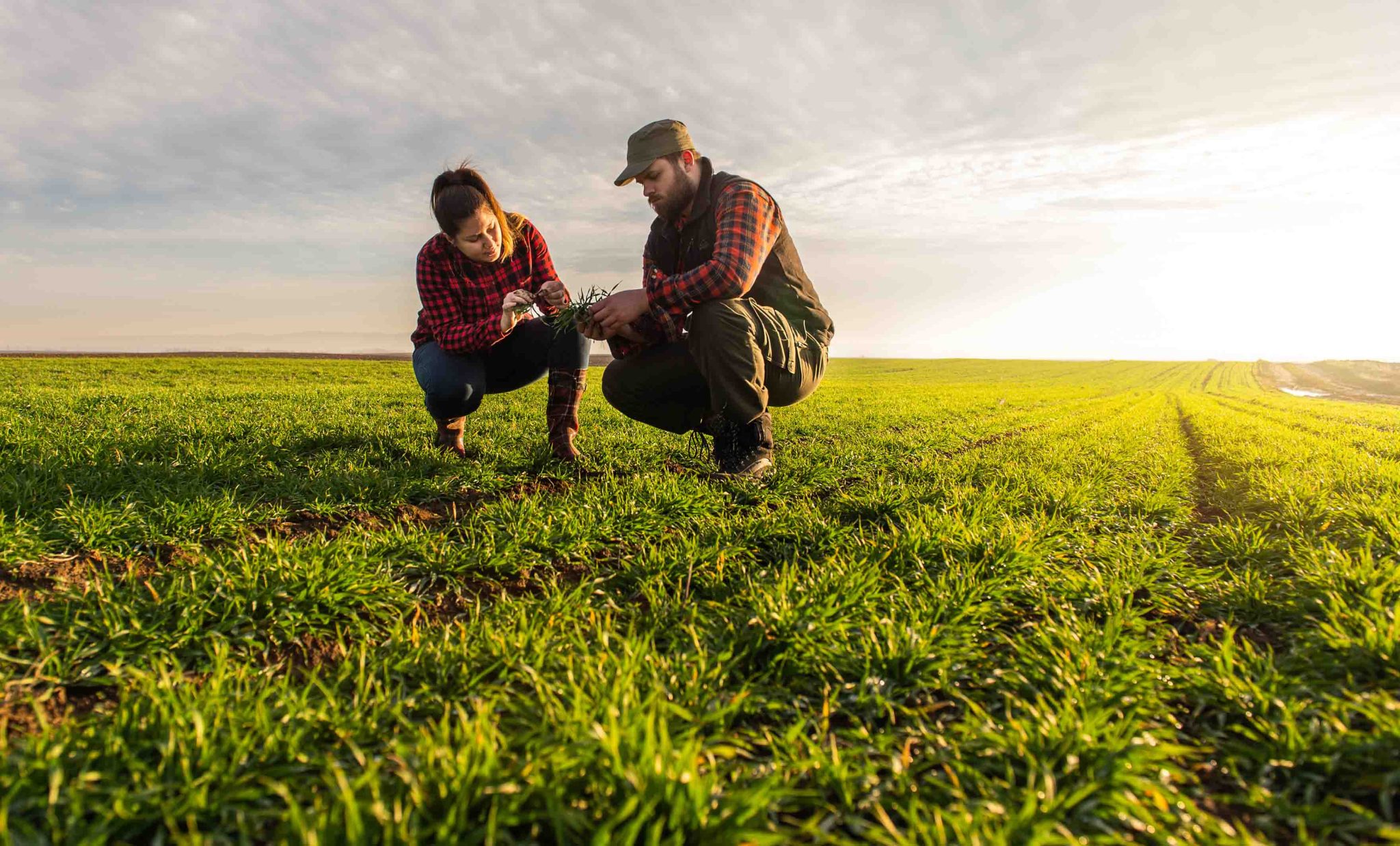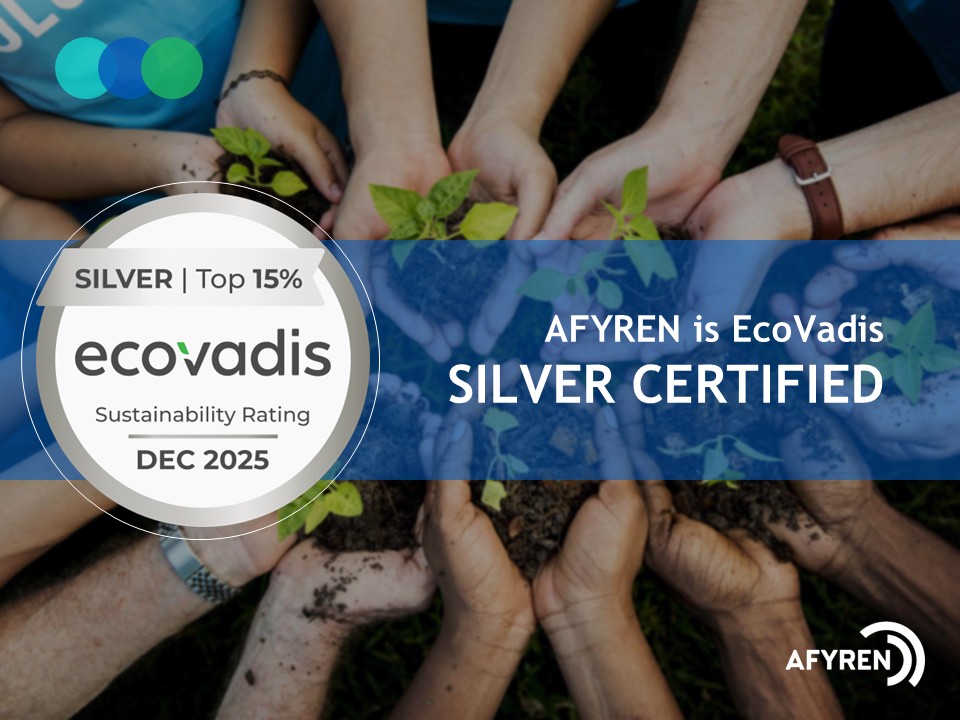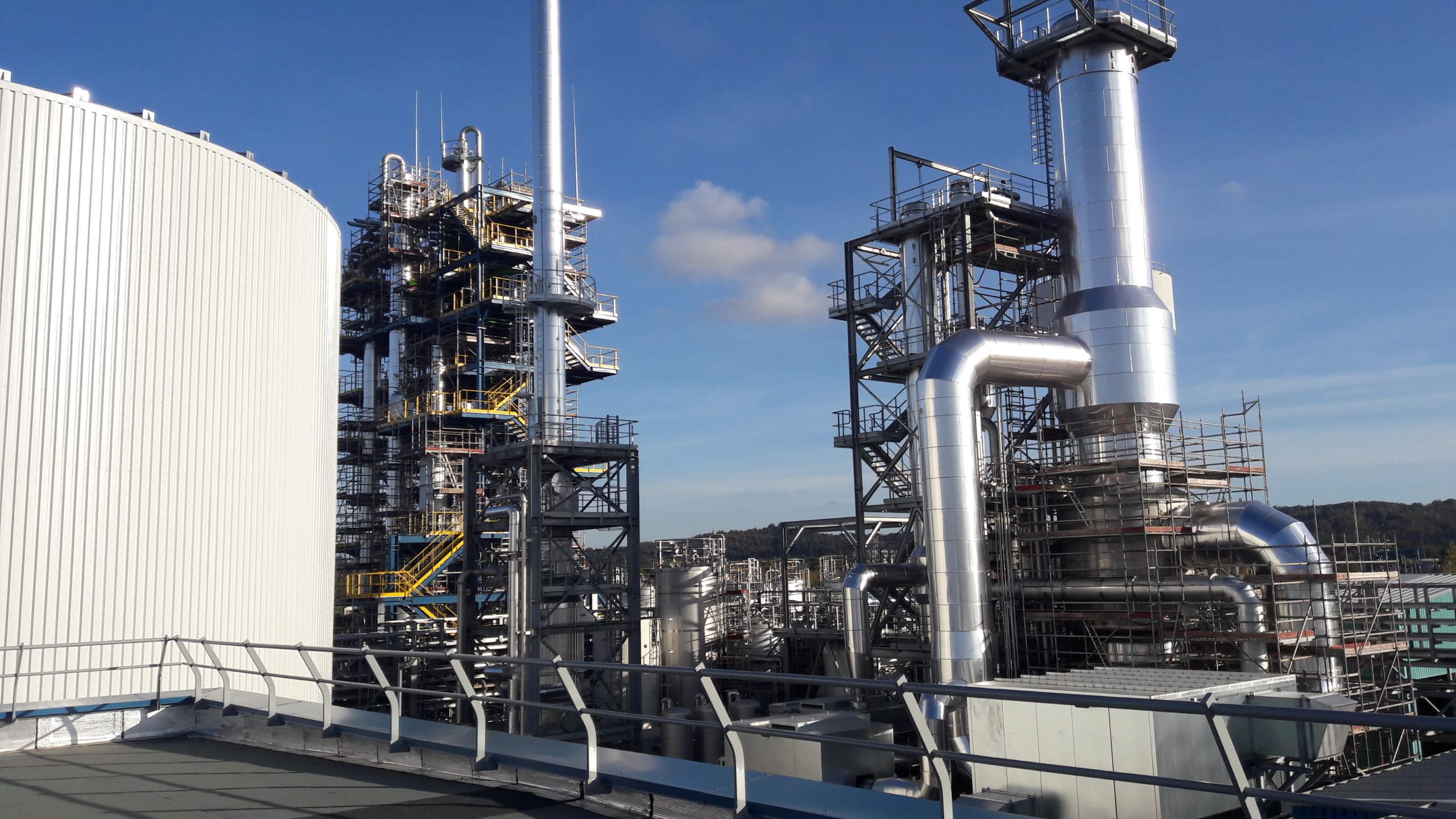Retour page d’accueil • Eat responsibly: food and the environment
Eat responsibly: food and the environment

Today, more than half of all companies say they are committed to sustainable development, but it is becoming increasingly clear that reconciling environmental and economic performance involves many difficult choices. Only few companies have a clear roadmap for implementing their sustainability strategies. At AFYREN, we believe that sharing knowledge and experience can contribute to a more sustainable future. In our blog posts, we seek to share the expertise we have developed on our own journey toward a sustainable, circular business model.
In this overall objective, agriculture and the food industry have important roles, not only because they have to fulfill one of our basic needs, but also because their environmental footprints are meaningful. Globally, we use around 70% of freshwater withdrawal for agriculture and food is responsible for almost a third of global greenhouse gas emissions.
This article in a series that takes a deep dive into the complex problems we need to overcome in these sectors by humbly presenting what we are trying to achieve at AFYREN. Read our other articles on food waste and food quality:
- L’agriculture, qui a contribué à la perte de biodiversité, cherche aujourd’hui des solutions. Les produits bas carbone d’AFYREN jouent un rôle dans cette lutte. L’acide AFYBIO™ Propionic, par exemple, sert d’alternative écologique aux herbicides traditionnels, contribuant ainsi à la protection des cultures. La gamme VITAFYREN™ propose des acides organiques biosourcés pour la production d’ingrédients fonctionnels dans l’alimentation animale. Ces produits, considérés comme une alternative aux antibiotiques […]
Reinventing the global food system to preserve our environment
As a player in climate change, the food industry is looking for solutions to set an example
Efforts are underway to transform the global agriculture and food industry into a model that preserves land, biodiversity, and contributes to human and animal health. Recognizing the need for a holistic approach, the European Union (EU) launched “From Farm to Fork” in May 2020, a pioneering strategy designed to create a «fair, healthy, and environmentally conscious food system.»
The EU envisions a global shift to agroecology and circular business models, emphasizing the potential of the circular bio-based economy and biotechnology. The overarching aim is to prevent the agriculture and food industry from harming the very environment it relies on. Currently responsible for 30% of greenhouse gas emissions globally, the food industry is also a primary driver of biodiversity loss.
Food system suffers consequences of its own making
Over the past 70 years, agriculture, once a local activity, has transformed into a global industry, catering to a rapidly growing population with globalized tastes. This shift brings about complex logistics, environmental pressures, and climate-related challenges. Agriculture now utilizes half of habitable lands, depleting resources, and contributing to climate-related crises such as droughts impacting grain production and heatwaves affecting crop yields.
Fertilizers and pesticides, while increasing yields, pose risks to health, the environment, and contribute to an increase in food prices. The EU responds with ambitious goals to reduce chemical pesticide and fertilizer use while promoting organic farming. Initiatives like the Ellen MacArthur Foundation’s “The big food redesign challenge” advocate for upcycled ingredients to mitigate agriculture’s impact.
Putting a circular approach into practice
AFYREN stands at the forefront of the EU’s transition, pioneering an advanced circular bioeconomy approach. Using byproducts from the sugar beet industry as feedstock, the company employs biomimetic fementation technology to produce seven biobased organic acids that are identical to those produced using petrol-based feedstock.
The only co-product left over from this production is a potassium-rich fertilizer suitable for organic agriculture. AFYREN’s process, based on renewable feedstocks, captures CO2, with organic acids having a carbon footprint five times lower than petro-based equivalents.
Green chemistry for biodiversity
Agriculture, which has long contributed to biodiversity loss, now seeks solutions. AFYREN’s low-carbon ingredients play a role in the fight against this loss. AFYBIO™ Propionic acid serves as an eco-friendly alternative to herbicides, and AFYREN’s organic acids contribute to an innovative biocontrol device for organic farming. VITAFYREN™ offers bio-based organic acids for animal feed, promoting gut balance, reducing harmful bacteria, and combating antimicrobial resistance.
Transforming the food system is a complex journey marked by multiple challenges. AFYREN’s efforts exemplify innovation and sustainability, showcasing how choices can impact the environment. The article emphasizes the pivotal role of supporting initiatives and businesses championing circularity and eco-friendly solutions to contribute to a more sustainable, fair, and Earth-friendly food system for all.
Last news

AFYREN NEOXY: first significant revenue and growing production in 2025
News post Press release
AFYREN confirms drawdown of €7 million in previously secured financing for its subsidiary AFYREN NEOXY
News post Press release
AFYREN awarded Silver Medal by EcoVadis for CSR performance, ranking in the top 8% worldwide
Press release
AFYREN and ESSE Skincare begin partnership to offer 100% natural cosmetic solutions with enhanced skincare performance.
Press release
AFYREN raises €23 million through share capital increase to finance optimization and expansion of unique biorefinery AFYREN NEOXY
Press release
Deforestation – Turning compliance with EUDR into an innovation driver
Publication
Where Nature Meets Performance: The Creative Vision of Delphine Thierry
News post
